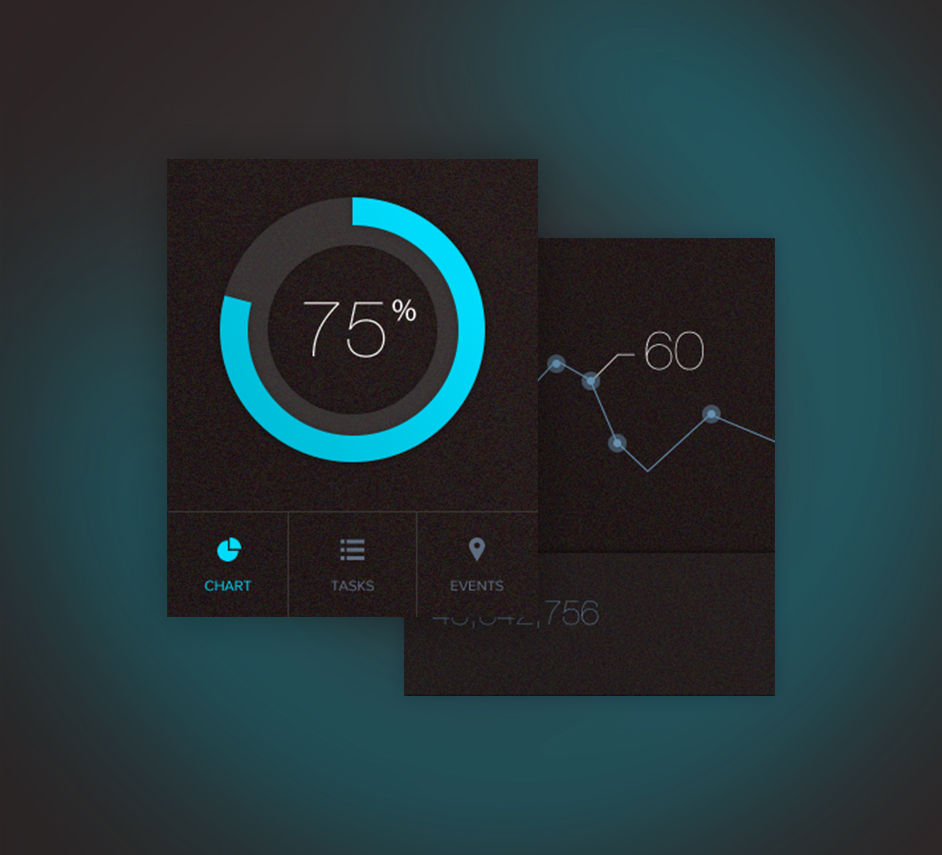10 Powerful Reasons Why IBD Patients Are Eager for Real-Time Inflammation Data: Community Insights Unveiled
- sbartfield1
- Feb 1, 2024
- 3 min read
Leveraging Data for Empowered IBD Management
Below, we've compiled a list of the top reasons why Inflammatory Bowel Disease (IBD) patients are eagerly anticipating the release of IBD Aware's real-time inflammation data capabilities. IBD Aware is at the forefront of revolutionizing how individuals with IBD manage their condition, offering unprecedented access to timely, personalized data. Explore how IBD Aware is set to empower patients with actionable insights and transform the landscape of IBD care.
1. Predictive Flare-up Alerts
IBD patients will harness data to receive alerts for impending flare-ups. This innovation is critical for proactive health management, enabling timely adjustments in treatment or lifestyle to prevent severe episodes. For instance, a patient might receive a notification when their biomarkers indicate increased inflammation, allowing them to consult with their healthcare provider for early intervention.

2. Medication Efficacy Tracking
Patients will soon be able to track how their medications impact their IBD over time, using AI to optimize medication timing based on bodily responses. This feature is important for maximizing treatment effectiveness and minimizing side effects. A patient, for example, may adjust their medication timing in consultant with their physician based on this data, leading to improved symptom management.

3. Dietary Adjustment Insights
IBD patients will use their data to understand how diet influences their symptoms, leading to personalized dietary advice. This data-driven approach is vital for identifying specific food triggers and managing dietary habits more effectively. Patients will discover foods that exacerbate their symptoms, leading to insightful, tailored dietary adjustments.

4. Symptom Pattern Analysis
In the future, patients will analyze symptom patterns to identify trends in occurrence and severity. This analysis is crucial for a deeper understanding of their IBD and for developing more effective management strategies. For example, a patient might identify specific times of day when symptoms are more likely to occur, leading to targeted interventions.

5. Long-Term Disease Progression Tracking
Patients will be able to monitor the progression of their IBD over extended periods. This long-term tracking is vital for observing trends and evaluating the effectiveness of ongoing treatments. A patient might use this data to see how their condition has evolved over several years, aiding in future treatment planning.

6. Comparative Analysis with Other Patients
Patients will soon be able to anonymously compare their data with others to gain insights into their condition’s broader context. This comparative analysis is key for understanding how individual experiences align with or differ from those of the wider IBD community. A patient might find that their response to a particular treatment is consistent with trends observed in similar cases, informing their treatment choices.

7. Symptom Diary and Analysis
Patients will be able to keep a detailed diary of their symptoms and analyze this data for patterns. This tool is essential for understanding the daily impacts on their condition and identifying potential triggers. A patient, for instance, may note a correlation between increased stress and symptom severity, prompting lifestyle changes.

8. Sleep Quality and Mental Health Correlations
Soon, patients will be able to link sleep patterns and mental health with their IBD symptoms. Understanding these correlations is important for holistic disease management. For instance, a patient might find that poor sleep quality worsens their symptoms, prompting changes in sleep hygiene practices.

9. Social Life and Environmental Trigger Identification
Identifying how social and environmental factors impact IBD is another future capability. This identification is crucial for managing lifestyle factors that might influence the condition. A patient might notice that certain social settings or environmental conditions trigger symptoms, leading to informed lifestyle adjustments.

10. Integration with Fitness and Wellness Apps
The integration of IBD data with health and fitness tracking apps is on the horizon, providing a comprehensive view of overall health. This holistic approach is essential for understanding how various health metrics interact with IBD. For example, a patient might observe how changes in heart rate or blood oxygen levels correlate with their IBD symptoms, leading to more informed health decisions.

Embrace the Future of IBD Care with Advanced Data Insights
Discover the next level of IBD management, where cutting-edge data analysis meets patient empowerment. Dive into the transformative world of real-time inflammation monitoring, harnessing the latest in AI, machine learning, and predictive analytics. Unlock the potential of personalized healthcare with tools that analyze and interpret key biomarkers like Calprotectin, CRP, TNF-α, and IL-6. Join us in reshaping the landscape of chronic disease management, where data-driven insights offer a new frontier in personalized, proactive care for conditions like Crohn’s Disease and Ulcerative Colitis. Be a part of this innovative journey, leveraging advanced technology for improved IBD outcomes and quality of life.


